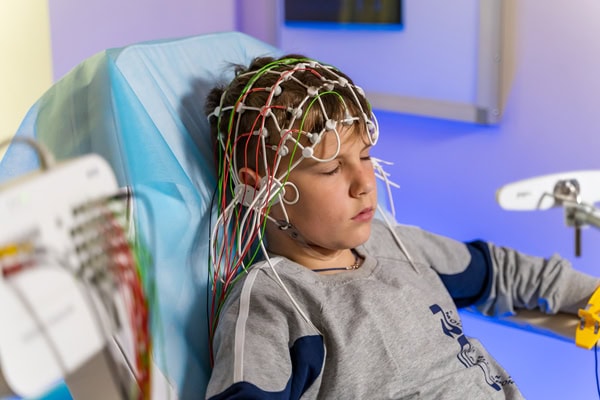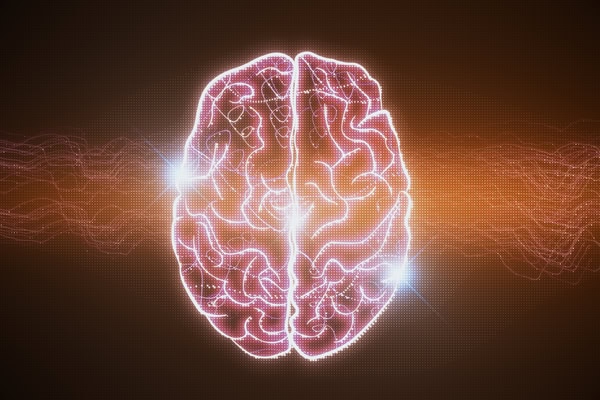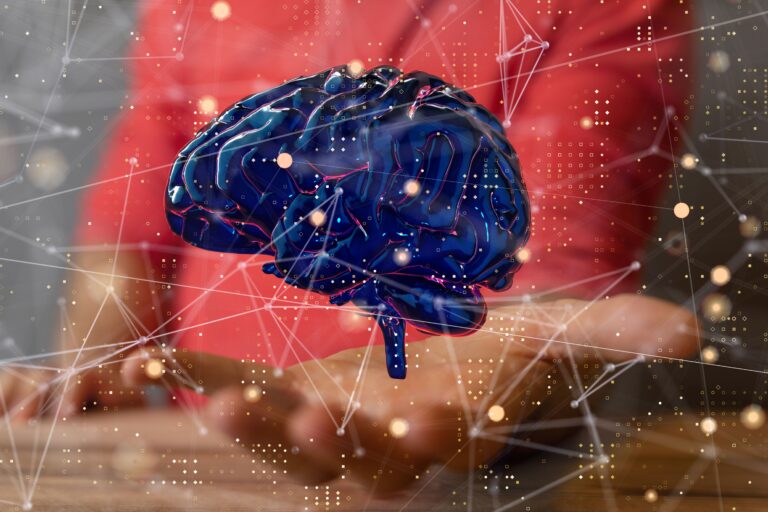Emerging artificial intelligence technologies are revolutionizing mental healthcare delivery through innovative applications ranging from therapeutic chatbots to emotion recognition systems. This article examines how AI in mental health is expanding access to support, enabling personalized interventions, and complementing traditional therapy while also addressing the significant challenges and limitations these technologies face in effectively supporting emotional well-being.
The Evolution of Digital Mental Health Solutions
The intersection of artificial intelligence and psychological support represents a rapidly developing frontier in healthcare. As mental health needs continue to outpace provider availability worldwide, technology offers potentially scalable solutions to bridge critical gaps in care accessibility and consistency.
The first generation of digital mental health tools consisted primarily of educational resources and simple self-monitoring applications. Today’s AI-powered solutions represent a quantum leap in sophistication and interactivity: Conversational agents are capable of empathetic responses and evidence-based therapeutic techniques. Monitoring systems analyse patterns in behaviour, speech, and digital activity to detect changes in mental states. These technologies increasingly incorporate natural language processing capabilities that allow them to understand context, emotion, and subtle linguistic cues that might indicate psychological distress. Unlike their programmed predecessors, modern AI systems can learn from interactions, becoming more personalized and effective over time through machine learning algorithms trained on vast datasets of human conversations and clinical knowledge.
Accessibility and Scalability Advantages
One of the most compelling arguments for AI-driven therapy approaches is their potential to democratize mental healthcare. Traditional barriers to psychological support — including cost, geographic limitations, provider shortages, and stigma — can be significantly reduced through digital platforms that offer: Immediate availability without scheduling constraints or waitlists Substantially lower costs compared to traditional therapy sessions Privacy that mitigates concerns about social stigma Accessibility for those with mobility limitations or in remote locations. For populations historically underserved by mental health systems, including rural communities and regions with severe provider shortages, these technologies may represent the first practical opportunity to access any form of psychological support.
Current Applications and Clinical Effectiveness
The landscape of artificial intelligence therapy solutions spans a spectrum from consumer applications to clinically validated intervention platforms, each with different approaches to supporting psychological well-being. AI-powered chatbots designed specifically for mental health support typically employ one of two approaches: some follow structured therapeutic protocols like cognitive behavioural therapy (CBT), while others use more open-ended conversational styles that adapt to user needs.
Research on these applications shows promising early results. Multiple randomized controlled trials have demonstrated that AI chatbots delivering CBT can reduce symptoms of depression and anxiety with effect sizes comparable to bibliotherapy (therapeutic reading materials). Users particularly appreciate the non-judgmental nature of these interactions and the ability to engage at their own pace and schedule. However, these studies also reveal important limitations. AI companions are generally most effective for mild to moderate conditions and work best when complementing rather than replacing human support. Their effectiveness appears highly dependent on user engagement patterns and technological literacy.
Monitoring and Early Intervention Systems
Another promising application of mental health technology involves passive monitoring systems that analyse behavioural patterns to identify emerging concerns or track progress. These systems examine various data types, including: Voice characteristics (tone, pace, and linguistic content), Digital behaviour (typing patterns, social media use, sleep-wake cycles), Physical activity and physiological markers via wearable devices.
By establishing personalized baselines and detecting meaningful deviations, these technologies can potentially identify deteriorating mental health before traditional clinical assessments. Some platforms have demonstrated impressive accuracy in predicting depressive episodes or anxiety spikes days before symptomatic manifestation. Such predictive capabilities create opportunities for proactive intervention that might prevent full-blown mental health crises. However, balancing their potential benefits against privacy considerations remains a complex challenge requiring careful ethical frameworks.
Rather than replacing therapists, many of the most successful applications of AI in mental health augment professional care by extending therapeutic support between sessions. These “therapist extender” models include: Digital exercises and skill practice aligned with treatment goals Monitoring capabilities that alert clinicians to concerning patterns Documentation of mood, behaviour, and symptoms to inform clinical sessions. This collaborative approach maintains the irreplaceable human dimensions of therapy while leveraging technology to enhance consistency, engagement, and outcome measurement. Evidence suggests this integration may improve treatment outcomes by reinforcing therapeutic concepts and increasing adherence to practice recommendations.
Ethical Considerations and Limitations
Despite their potential, AI-driven therapy approaches face substantial challenges that must be addressed to ensure responsible and effective implementation.
The therapeutic relationship has consistently been identified as one of the strongest predictors of positive outcomes in psychological treatment. This raises fundamental questions about whether artificial systems — regardless of how sophisticated their programming — can genuinely fulfil the empathetic functions that underpin effective therapy. Current AI systems can simulate empathy through programmed responses but lack genuine emotional understanding. While users often report meaningful connections with therapeutic AI, these relationships differ qualitatively from human therapeutic alliances. The implications of this difference for long-term effectiveness and appropriate applications remain important areas for ongoing research.
Mental health data represents some of the most sensitive personal information possible. AI systems typically require extensive data to function effectively, creating tensions between functionality and privacy protection. Ensuring appropriate data governance, informed consent, and security measures is essential for ethical implementation. Additionally, the “black box” nature of many machine learning algorithms raises concerns about transparency and accountability. As Dr. Christian Beste notes in his research on digital interventions, “Understanding how AI systems reach their conclusions is critical for establishing trust and ensuring appropriate clinical implementation, especially when these systems influence mental health care decisions.”
Future Directions and Integration Models
The field of AI in mental health continues to evolve rapidly, with researchers like Christian Beste exploring how these technologies can most effectively complement rather than replace human care. The most promising approaches recognize both the substantial capabilities and inherent limitations of artificial intelligence, positioning these tools within integrated care systems that leverage the unique strengths of both technological and human support. As these systems mature, their role in addressing global mental health challenges will likely expand, particularly in contexts where traditional resources remain severely limited. However, their development must be guided by rigorous evidence, ethical principles, and a nuanced understanding of the irreplaceable elements of human connection in psychological healing.







